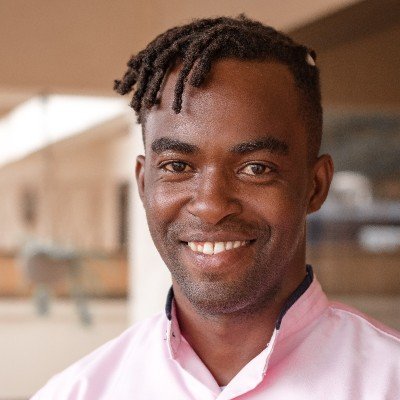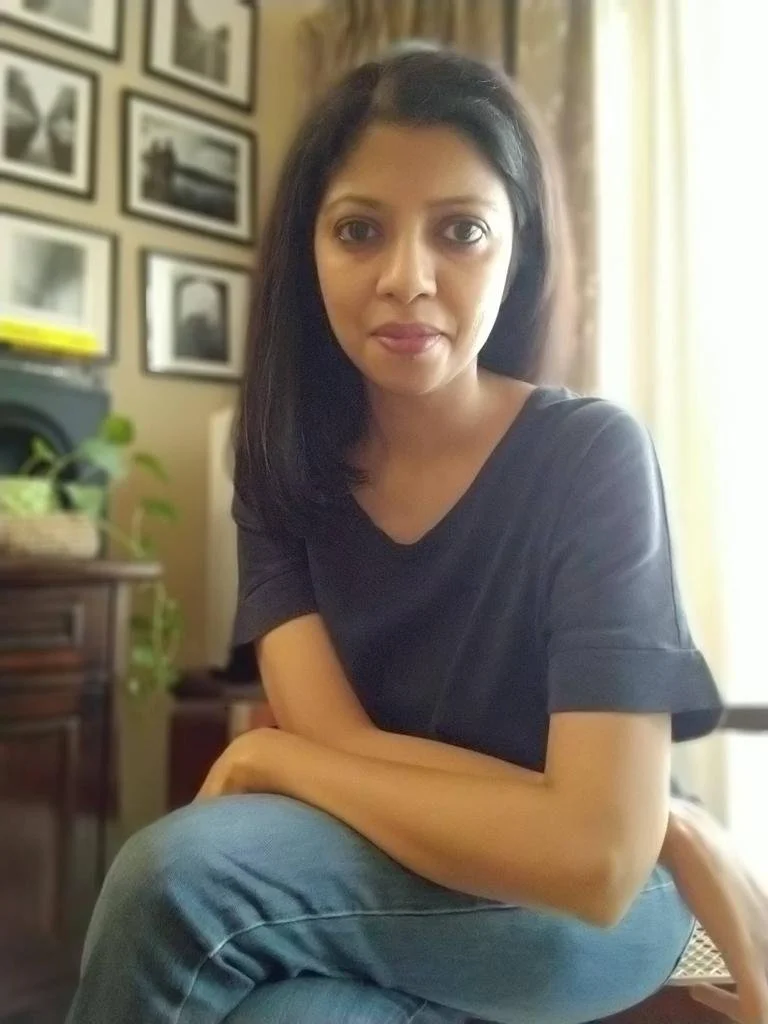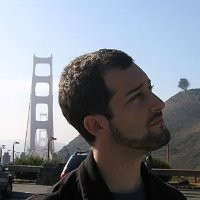Dylan Mathews, Peace Direct (United Kingdom)
When did #ShiftThePower evolve from hashtag to a movement of activists? In fact, when is a movement really a movement, rather than just a collection of people with a shared idea or purpose? I’m not sure I know the answers, but what I do know is that by the time I came across #ShiftThePower in 2018, it was already being used by people across the world to signal a different world that they believed was possible. Then there was the #ShiftThePower Manifesto for Change, which spelled out that vision. That’s what caught my attention, and got me excited.
At Peace Direct, we’ve been trying to shift power and resources to local actors on the frontlines of conflict for over twenty years. We firmly believe that local peacebuilders are critical to the achievement of sustainable peace, but they are sidelined by their own governments and ignored by the international community. We want to change that.
We’ve always maintained that the international development, humanitarian and peacebuilding sectors were in need of radical reform, with its focus on externally driven interventions and cult-like obsession with knowledge produced by outsiders rather than investing in local people, local knowledge and local communities. Over the years, we’ve consulted with hundreds of local actors across the world to better understand the problems they see in the system, in the hope that by sharing these insights with donors, policymakers and INGOs, attitudes and practice might change. This led us to publishing Time to Decolonise Aid, which spelled out, in stark terms, how structural racism is deeply embedded in the attitudes and practices of so many Global North actors. Since then, we’ve been on our journey to learn more, to try in whatever way we can to tackle this problem and the massive power imbalances between Global North and Global South actors. In #ShiftThePower we saw an obvious ally.
Local peacebuilders around the world could learn much from the #ShiftThePower movement, and we believe the movement could learn much from local peacebuilders.
Peacebuilders are some of the most courageous, determined, passionate activists imaginable. And yet the peacebuilding world is terribly siloed. Peacebuilders often find themselves isolated, unable to forge connections with others who share their vision of sustainable peace. Our view is that there is an ocean full of people who are their allies; who believe in the power of local action and local leadership. That’s why my team and I are so excited about the Bogotá Summit, and why we hope you will join us to connect with local peacebuilders around the world and other activists who believe that another world is possible.






















